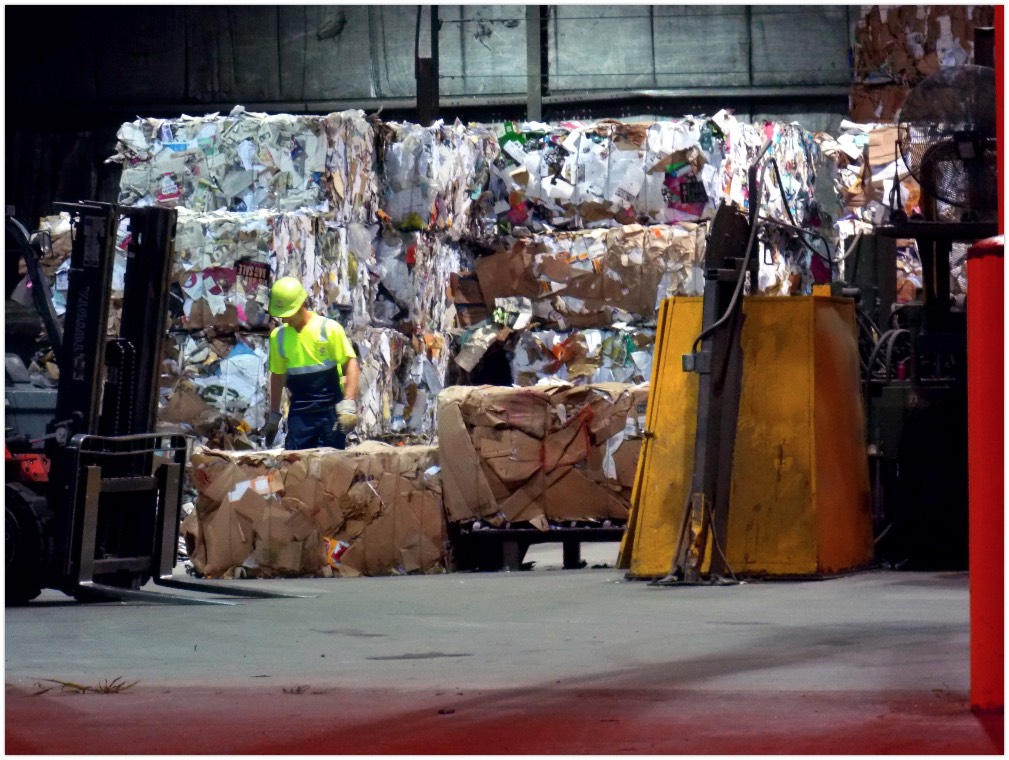New South Wales generates a lot of waste every year. With a waste generation growth rate of 1.3% from the early 2000s, nobody can deny it. Waste is graduallyincreasing every year. From the 17,374 kilotons in 2010, it produced 17,690 kilotons in 2015. People around NSW should expect a garbage generation of about 18,800 kilotons. Sydney is the top contributor to this volume of waste.
“NSW is the second-highest per-capita producer of waste in the world.” – The Sydney Morning Herald
Waste accumulation is a big concern, especially for bigger commercial and residential areas. There’s no way all garbage will disappear like in the wild. The big waste volume that Sydney is facing has to go somewhere. Sydney has many initiatives to deal with the generated waste regularly. The real question is this: Where does of all Sydney’s waste go?
Landfill
Local councils limit the option for waste disposal that goes straight to the landfill. However, some types of garbage don’t have any further use. For most non-recyclable and non-reusable waste, landfills house this waste. Sydney has three main landfill sites for non-organic and organic waste that can’t go elsewhere anymore. More than 1/3 of the daily generated waste in Sydney go to these landfills.
Incinerator
Another way to get rid of garbage is to burn them. As such, there are indicator facilities that are present. These establishments adhere to the high standards from Sydney regulations and laws. There are kinds of waste such as medical waste, pharmaceuticals and biomass, that go to industrial incinerators. Incinerators produce less greenhouse gas than landfill sites. This makes them a better choice, especially for more innovative incinerators.
Waste streams
For industries and production facilities in Sydney, water streams are the nearest disposal sites for such waste. Different kinds of waste from these settings include ash, red mud, brine and biomass. The waste that goes to water streams comes directly from the site and fall into the non-core waste classification. The Sydney Local Council heavily regulates the garbage that goes through the streams. This ensures that none of the waste that goes through these streams causes pollution to clean water sources.
Recycling Facilities
Sydney is implementing more active efforts to solve its increasing waste volume. Sustainable Sydney 2030 aims to increase recycling initiatives around Sydney. Sydney has many recycling facilities for specific kinds of waste. Moreover, local rubbish removal companies and small waste recovery service providers partner up with these facilities to provide good business for rubbish disposal and recycling methods.
Waste-to-Energy Facilities
Another option for a more Sustainable Sydney 2030 is Waste-to-Energy facilities. Australia has invested in many of these facilities. Some facilities in Sydney operate to turn your junk into a reusable source of energy that some residences and establishments power on. The establishment of more Waste-to-Energy facilities is still gradual progress. Many Sydney residents detest some of these plants’ possible negative effects.
Conclusion
Your waste goes to so many places. It doesn’t just end up in a dumping site awaiting possible decomposition. Many countries and cities right now are making their waste recycling efforts stronger and better. With the state that the world is in on waste generation, everybody should be concerned. this is the only Earth we are borrowing from future generations. We ought to take environmental issues urgently. Let us do our parts by being active in proper waste disposal.
Keep in touch with us!
Rubbish Removal companies are key partners for proper waste management. Paul’s Rubbish Removal Sydney offers our rubbish removal services to you. As a green company, we want to offer you the convenience and the assurance that your trash can still stretch its use and provide an additional useful resource to Sydney. We work closely with other establishments to recycle your waste. We aim to contribute to increasing the amount of recycled waste coming from you. Don’t hesitate to contact us!
You can call us on 0407 125 125, send us an email or book an appointment with us here.







